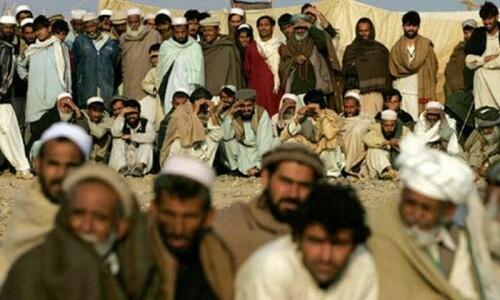THE caretaker Sindh government has introduced Pakistan’s first teaching licence test, a commendable step in elevating the standard of education in the province. The government has created 400 grade-16 elementary school teacher posts, mandating the licensing test for eligibility. The policy, approved last year, aims to attract talented individuals to teaching, a profession pivotal in shaping future generations. This mirrors practices in professions like medicine, reinforcing the notion that teaching, too, requires rigorous standards and continuous development. The Sukkur Institute of Business Administration’s Testing Services is managing online applications until Jan 11, 2024, illustrating a structured approach.
However, while the introduction of teaching licences is a laudable step, it raises questions about implementation. The policy’s success hinges on its execution, demanding a robust framework and collaboration among various stakeholders, including teachers’ unions, education institutions, and the private sector. The policy necessitates prospective teachers to pass a licensing test, which means that teacher education programmes must adapt to meet these new standards. Also, the policy’s impact on existing teachers, who can opt for the licensing exam to expedite promotions, must be carefully considered. The promise of higher pay scales for licensed teachers is an attractive incentive, potentially drawing more qualified candidates into the profession. Yet, the challenge lies in ensuring that this policy doesn’t merely become a bureaucratic hurdle but is a meaningful step towards elevating teaching standards. Continuous professional development — critical for licence renewal — must be a genuine pathway for teacher growth. Comprehensive teacher training, regular evaluation, stakeholder engagement, and technology integration will further solidify the impact. The policy, if executed well, could revolutionise Sindh’s education system, setting a precedent for the rest of the country. Perhaps, then, the phrase ‘those who can’t do, teach’ will no longer be slung at our educators.
Published in Dawn, January 4th, 2024













































